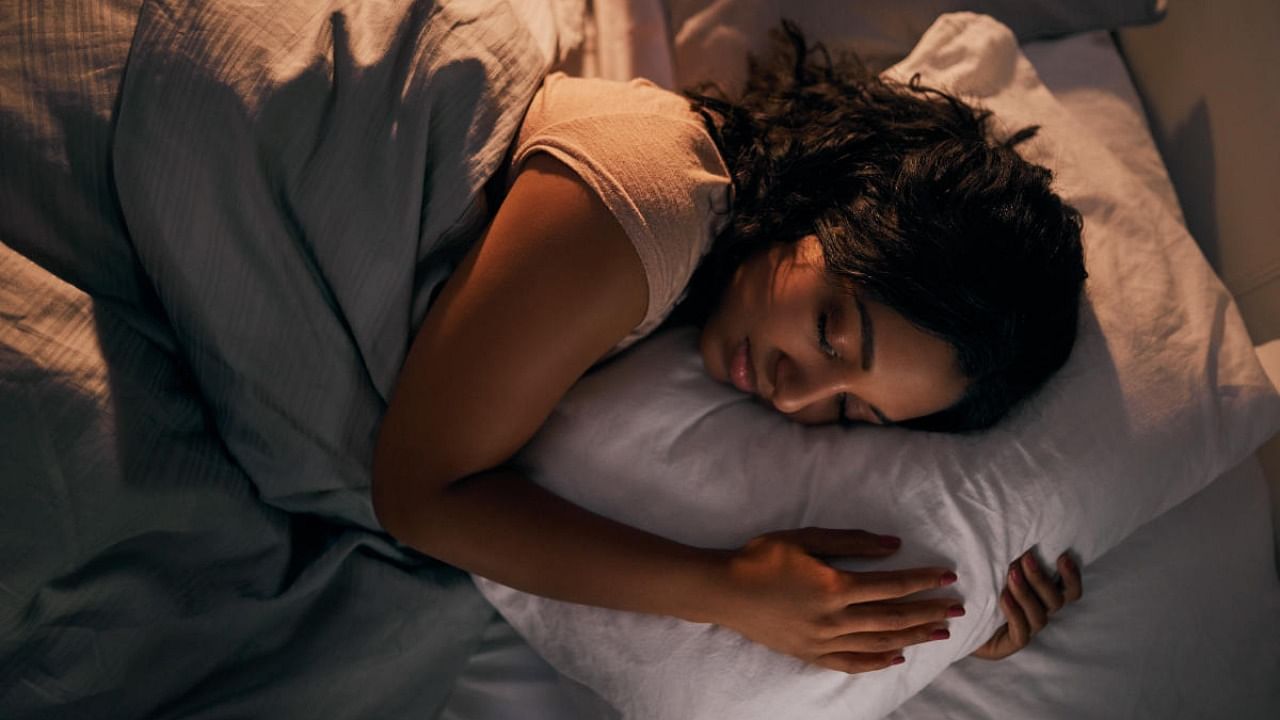
Sleep is a physiological state characterised by decreased awareness of one’s surroundings. It is an essential biological process that is required for the normal functioning of our daily activities when awake. Normal sleep can also strengthen one’s immune system. The United States’ National Sleep Foundation notes that good and normal sleep play a role in improving antibody responses to vaccinations.
Several studies have shown that inadequate sleep is associated with in-efficiencies at work, loss of productivity, and injuries. Further, sleep deprivation not only affects one’s physical health adversely by increasing the chances of diabetes mellitus, high blood pressure, heart attacks, and strokes but also takes a toll on mental health by increasing the risk of depression and anxiety. Sleep deprivation is a serious health issue that is under-recognised in this modern society. The National Commission on Sleep Disorders Research estimates that at least 30% of adults suffer from sleep issues.
Several causes can lead to sleep deprivation. Stress, anxiety, hyperactive thyroid, sleep disorders, smoking, drinking energy drinks, and alcohol are some of the common causes. Sleep deprivation could also be due to side effects of medications, substance abuse, or depression. Some common signs that one might be sleep deprived include problems concentrating, difficulty solving problems, may take a longer time to resolve simple tasks, feeling tired, and may lack the motivation to do anything. Sleep and Depression are inter-connected. Poor sleep can be a manifestation of underlying depression. Likewise, depression can be a consequence of chronic sleep insufficiency. Studies have shown that depressive symptoms get better with treatment targeted at sleep apnea when diagnosed.
Several kinds of sleep disorders are known. Sleep apnea is a kind of sleep disorder manifested by loud snoring, events of stopped breathing, and fragmented sleep. This results in excessive daytime sleepiness and thereby impaired daily functioning. Obesity, family history, and sedentary lifestyles are some of the risk factors that are associated with obstructive sleep apnea. The diagnosis of sleep apnea is done with a sleep study. Restless Leg Syndrome is another kind of sleep disorder that is characterized by the unpleasant sensation or feeling in the legs that can cause difficulty initiating sleep. This is typically relieved by the movement of legs, often waking one up from sleep.
How sleep deprivation causes these deleterious effects on our health is still not well-defined. Previous studies have indicated the rise in blood pressure, stress hormones may be contributing to these adverse effects. Gupta K, Nagalli S, and colleagues researched this in an effort to find a link between sleep duration and its adverse effects on health such as deaths from cardiovascular causes. They used the data that was collected from the adults in the United States between 2005 and 2010 from the National Health and Examination survey. It was noted that high inflammation was found not only among those people who were sleep-deprived but also among those who slept more. These study findings, which were published in the American Journal of Preventive Medicine, represent an interplay between sleep duration, inflammation, and deaths from heart attacks and strokes.
What can be done to help sleep deprivation? Finding out the reason behind is the first thing to do. Is this stress? Is this due to work deadlines?
Committing a set period dedicated to sleep at night or days (if one is working at night) is necessary. Keeping your sleeping environment clean, dark, and quiet would help in falling asleep. Avoid distractions such as using electronic devices, mobiles, televisions, and tablets. Going to bed only if you are sleepy would also help to train the brain to fall asleep easily. Maintain a sleep diary. Exercising regularly and avoiding energy drinks help as well. If you are still unable to sleep, talking to doctors is the next best thing to evaluate if there are any medical causes. Sleep studies can help in diagnosing sleep disorders. Some devices deliver gentle pressure through the nose or mouth that can treat sleep disorders.
(The writer is an Internal Medicine physician working in Alabama, USA and is a Fellow at the American College of Physicians)